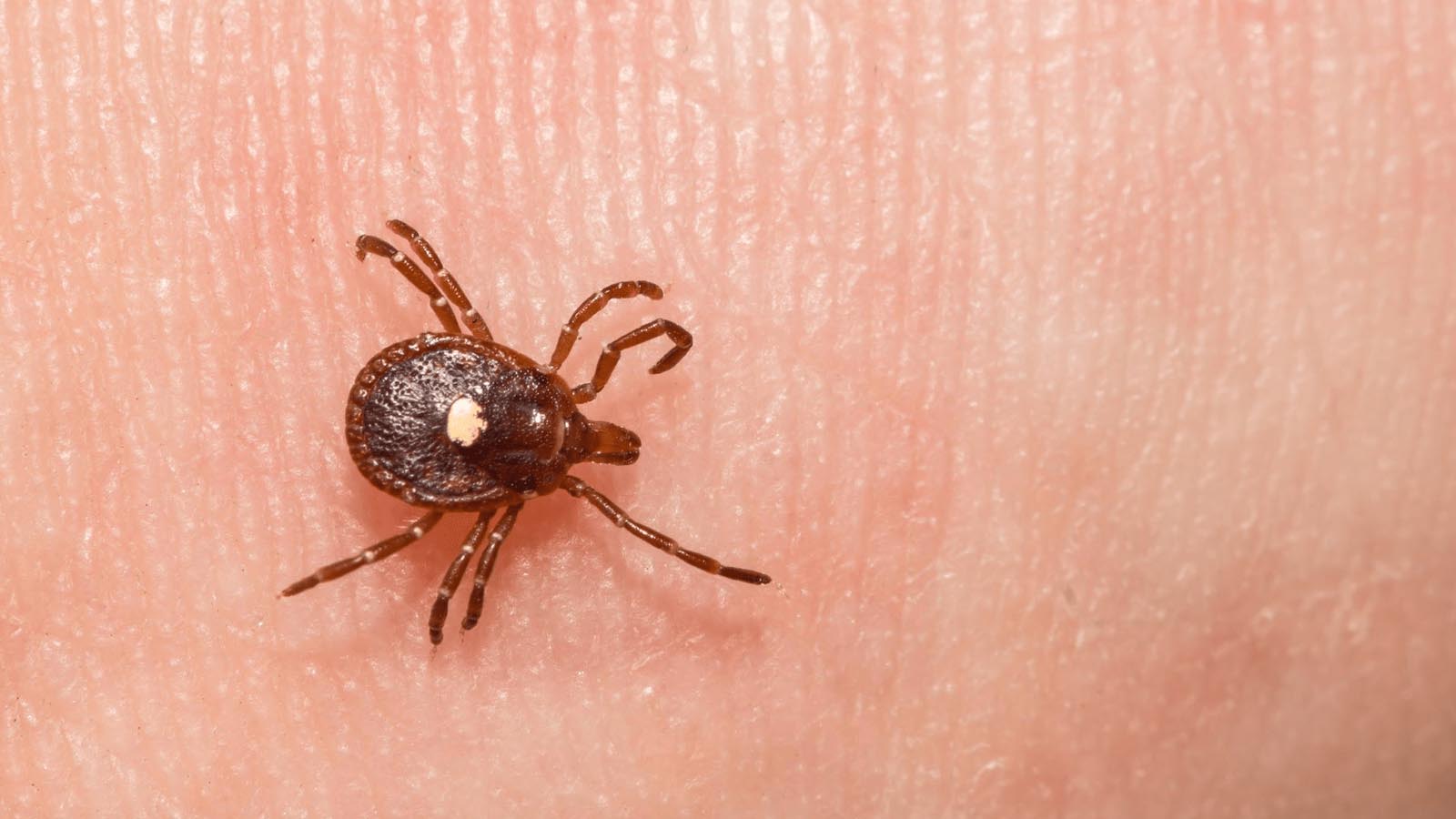The U.S. Centers for Disease Control and Prevention (CDC) said that red meat allergies caused by certain types of ticks is an “emerging public health concern” after two studies found that the phenomenon is on the rise.
Alpha-gal syndrome, or AGS, is a serious and potentially life-threatening allergic reaction that comes after people eat red meat or consume products that have alpha-gal, a type of sugar found in most mammals, according to the CDC.
The syndrome is caused by the lone star tick, which can transfer alpha-gal into an individual’s body. As a result, the body can develop an immune system response to the sugar whenever one consumes it.
The lone star tick, or Amblyomma americanum, can be found across the southeastern and eastern United States as well as Mexico and parts of Canada. The tick has a single spot on its back, earning it the “lone star” name. It’s also known as the northeastern water tick or the turkey tick.
Unlike deer ticks, the lone star tick has a smaller chance of transmitting Lyme disease. However, it can transmit a range of other diseases to people such as monocytotropic ehrlichiosis, tularemia, and southern tick-associated rash illness. There have also been reports that it is a vector the heartland virus.
The tick generally lives in wooded areas, namely where white-tailed deer reside. It can also be found in areas between grassy and forested ecosystems, using thick underbrush or high grass to attach to its victim—like the deer tick or other ticks.
“The number of suspected AGS cases in the United States has increased substantially since 2010, and states with established populations of lone star ticks are most affected, although suspected AGS cases were also identified in areas outside of this tick’s range,” the CDC said in a report this week.
As for the AGS meat allergy, it can manifest as anaphylaxis—or a life-threatening allergic reaction characterized by a sudden constriction of airways and a drop in blood pressure, according to the National Institutes of Health. Researchers say that unlike allergic reactions to other foods, which are generally immediate, AGS reactions can occur three to six hours after eating red meat.
AGS symptoms can include a rash, hives, nausea, vomiting, diarrhea, shortness of breath, stomach pain, and heartburn. Symptoms can be mild to severe, officials have said.
“The burden of alpha-gal syndrome in the United States could be substantial given the large percentage of cases suspected to be going undiagnosed due to non-specific and inconsistent symptoms, challenges seeking healthcare, and lack of clinician awareness,” Dr. Johanna Salzer, an author with two CDC studies, said in a statement. “It’s important that people who think they may suffer from AGS see their healthcare provider or an allergist, provide a detailed history of symptoms, get a physical examination, and a blood test that looks for specific antibodies (proteins made by your immune system) to alpha-gal.”
Between 2010 and 2022, about 110,000 cases of AGS have been officially identified, it said. But the actual number of AGS cases in those 12 years or so might be as high as 450,000, said the CDC.
“Alpha-gal syndrome is an important emerging public health problem, with potentially severe health impacts that can last a lifetime for some patients,” Dr. Ann Carpenter, an epidemiologist and lead author of a CDC study, told ABC News.
Ms. Carpenter added that it is now “critical for clinicians to be aware of AGS so they can properly evaluate, diagnose, and manage their patients and also educate them on tick-bite prevention to protect patients from developing this allergic condition.” A CDC survey noted that 42 percent of 1,500 health care participants had never heard of AGS, while 35 percent said they were “not too confident” in their ability to diagnose the condition, and only 5 percent said they were “very confident.”
The CDC noted in its report this week that people with suspected AGS are located particularly in Arkansas, Kentucky, Missouri, and Suffolk County, on New York’s Long Island. However, it said that the study “also identified focal clusters of cases in areas where there are no known established populations of lone star ticks, such as Minnesota and Wisconsin, although these data are relatively sparse.”
“The geographic distribution of AGS is very similar to that of ehrlichiosis, caused by Ehrlichia chaffeensis and Ehrlichia ewingii, disease agents also known to be transmitted by the lone star tick,” it noted.
Dr. Erin McGintee, an allergy and immunology physician in Long Island, New York, told NBC News that there has been an uptick in people with AGS over the past decade or so. She’s treated about 900 such patients to date.
“Out here in the Hamptons,” Ms. McGintee said, “most people know at least one other person who has the syndrome.”












Sounds like more made up BS from the CDC to help the woke move us all to meatless diets…
I was waiting for them to advise a vaccine but you are probably correct.
In this case, it’s true. I was finally diagnosed. 2 years ago. I have been through 2 treatments with sprays to desensitize me and acupuncture. I can now eat meat with no problem. My initial episode was 5 weeks of unbelievable itching and rash that nobody could figure out what was happening. Through allergy testing, Alpha Gal showed up, along with many other items. This changes your entire immune system!
I don’t believe anything from the CDC, AMA, FBI, DOJ, CIA or any other of these alphabet criminals!
Nope! This is just another start on getting rid of red meat! Or all meat for that matter! Don’t fall for it. To anyone that was told their illness was from this, beware, a lot of the medical field are known to get kick backs if they go along with the evil liars in Government.
Full red blooded Republican here and I believe there is a lot of bull crap out there. My cousin in SE GA has this and she no longer eats red meat.
I know a few people, including myself, who have been bitten by a tick. One developed lyme’s disease, but none of us developed a meat allergy. Are we sure it’s not the lab meats they are creating that’s making people sick?